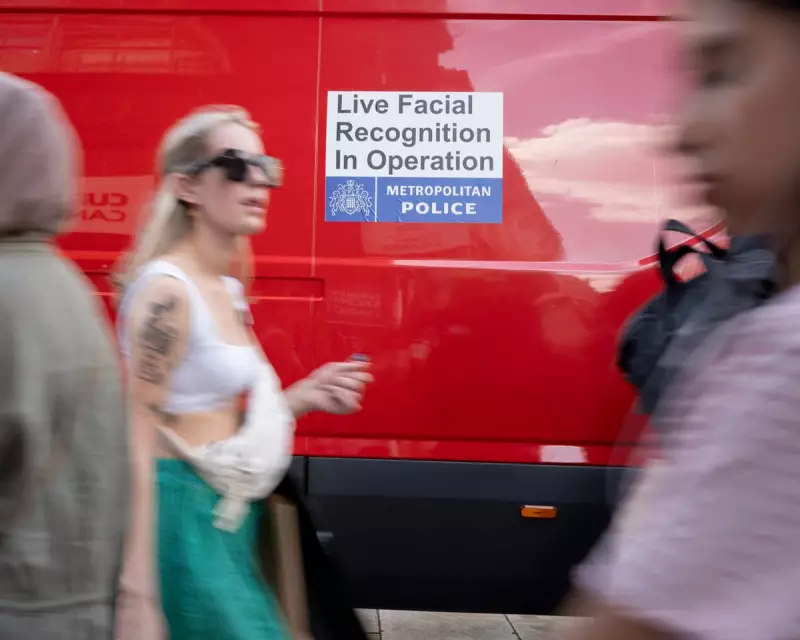
A stark confrontation has emerged between Scotland Yard and a leading authority on surveillance technology over the force's use of live facial recognition (LFR). The Metropolitan Police's claim that their system is "bias-free" has been directly rejected by the very academic whose research they cited.
Professor Pete Fussey, a renowned University of Essex academic and author of the report referenced by the Met, has stated his analysis does not support their bold assertion of no demographic bias. He identified critical shortcomings in the way the police interpreted and presented his findings to the public.
Flaws in the Met's Interpretation
The controversy centres on a freedom of information disclosure where the Met cited an interim report by Professor Fussey to claim their technology showed "no bias" against ethnic minorities or gender. The academic has now thoroughly rebuffed this characterisation.
In a detailed rebuttal, Fussey highlighted two major issues with the police's claim. Firstly, the data sample size was far too small to draw any meaningful conclusions about bias across different demographic groups. Secondly, the conditions under which the technology was tested were not representative of real-world, operational scenarios where lighting, angles, and movement can drastically affect accuracy.
The Stakes for Civil Liberties
This dispute is not merely academic. The Met has significantly expanded its use of LFR, deploying van-mounted cameras that scan the faces of thousands of passers-by in real-time, comparing them against bespoke watchlists. Critics, including human rights groups like Liberty, argue that flawed technology poses a severe threat to privacy and risks exacerbating discriminatory policing.
"This technology has the potential to shatter the notion of public anonymity," Professor Fussey warned, emphasising that the implications of misidentification are profound and can lead to distressing public stops and a chilling effect on free movement.
A Pattern of Scrutiny
The Metropolitan Police's journey with LFR has been fraught with independent criticism. Prior reviews, including one from the College of Policing, have also pointed to a lack of robust evidence proving the technology's accuracy and fairness. This latest expert rejection further undermines public trust and the legal basis for its use.
Despite the growing concern, the Met continues to stand by its position, maintaining that LFR is a precise tool used within a strict legal framework. However, without independent, peer-reviewed validation of their bias claims, their assurances are facing increasingly sceptical scrutiny from experts and civil society alike.





